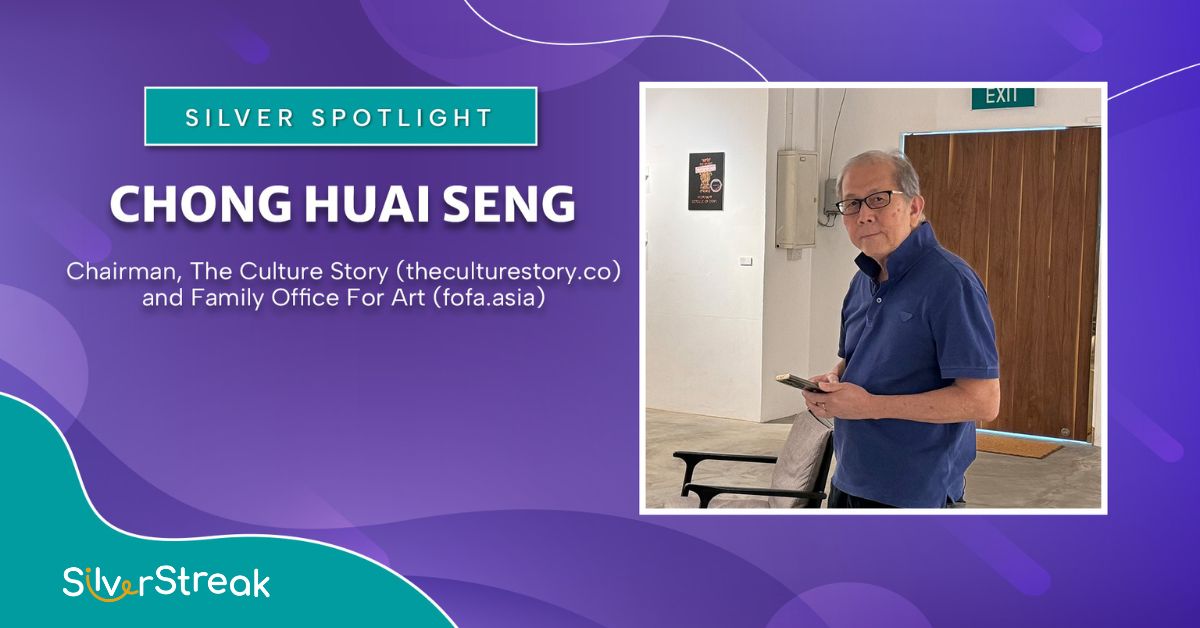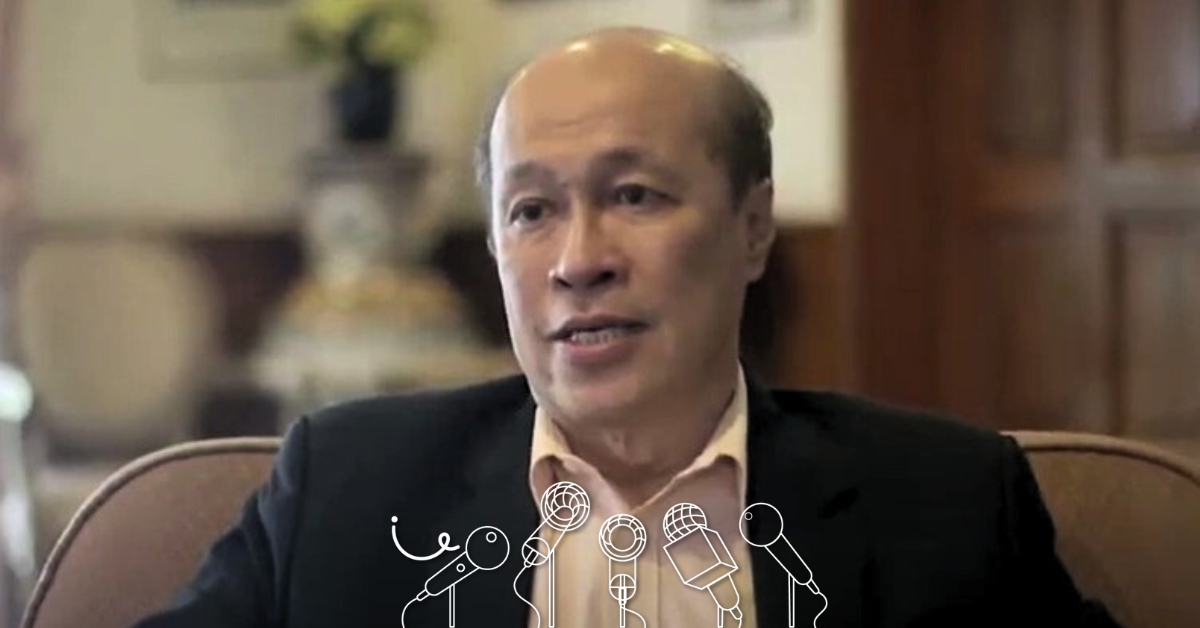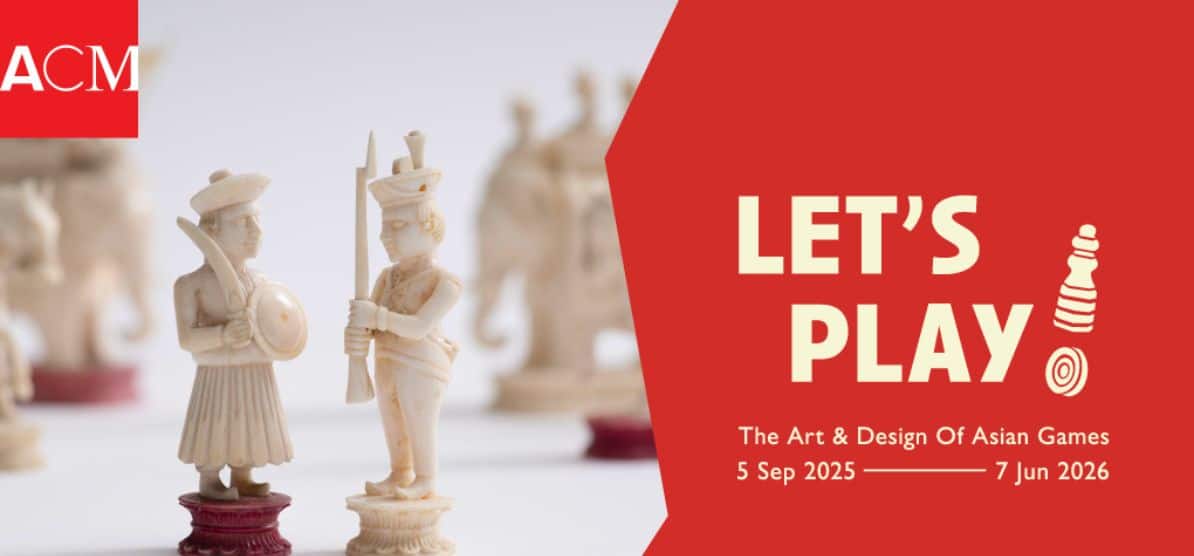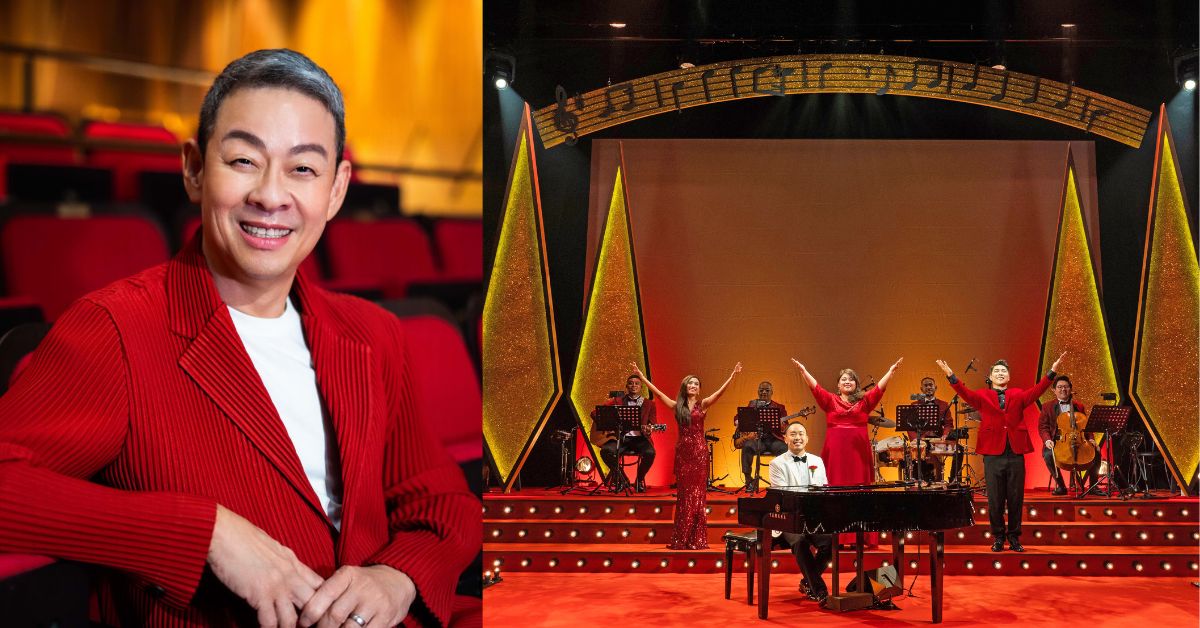
When you step out of the neon-lit, yuppie-filled Funan shopping mall and into The Ngee Ann Kongsi Theatre – the permanent roost of homegrown theatre company Wild Rice on the mall’s fourth floor – you can’t help but feel like you’ve just entered the kingdom of its founding artistic director, Ivan Heng.
After all, the theatre is the culmination of everything the 60-year-old has worked for since starting his professional theatre company in 2000.
It packs a crowd of 358 across three levels and around three sides of Singapore’s only thrust stage, in a configuration inspired by the inimitable Swan Theatre in Stratford-Upon-Avon, England.
The construction of the space, however, is Singaporean to its core. Its wooden walls are adorned with diamond patterns, in following with a tradition first set forth by the now-demolished National Theatre.
The back wall and rafters, too, call back to an indispensable part of local art history with its construction from wooden planks and beams repurposed from traditional Chinese opera (“wayang”) stages.
Advertisement
In other words, with its prime location at the heart of the country’s Civic District, its construction marks the physical accomplishment of Ivan’s vision – as laid out in his old journal, when Wild Rice was nothing more words on paper – to provide “mainstream accessible theatre of national significance” to a tee.
Its cultural impact can’t be understated either, going by its tally of more than a million audience members and 180 productions across its 24-year history.
On the cusp of Wild Rice’s quarter-century milestone (and Ivan Heng’s own diamond jubilee), we speak to the founding artistic director of one of Singapore’s most prolific theatre companies to see what lies on the road ahead.
The story of Wild Rice
But before we do that, we have to start at the beginning.
The year was 1998. Ivan had just moved back to Singapore after building a home and career for himself in London to take up the post of associate artistic director at the Singapore Repertory Theatre.
But he left after 18 months, citing “artistic differences”. He realised then, that to fulfil his dream of “carving a space for conversations to take place through the magic of theatre”, he’d have to go independent.
And so, he began planning, charting out the course of his future theatre company in a small hardcover journal. In it, he listed down possible sources of funding, plays that could be staged, and the aforementioned vision of his company.
The founder also workshopped potential names for his theatre company. There was those with a Singaporean slant, like “imagiNation”, “Singapore Story” and “E103N1” (referring to the country’s latitude and longitude), Singlish-centric monikers like “stylomylo”, and last of all, food-focused names – nasi goreng (fried rice), tumis manis (sweet stir-fry) and… Wild Rice.
The lattermost was what he eventually settled on, figuring that the name best encapsulated the ethos of his theatrical aspirations. Wild Rice would, essentially, be a staple that feeds all aspects of life, yet defy the mundanity so often associated with Singapore.
It was always about creating something about Singapore, for Singaporeans, by Singaporeans. I wanted to cultivate a sense of belonging and a sense of pride for ourselves,
Ivan says.
"Theatre, to me, has always been an art form where we can come together, start conversations and understand the diversity of our country beyond just CMIO (Chinese, Malay, Indians and others)."
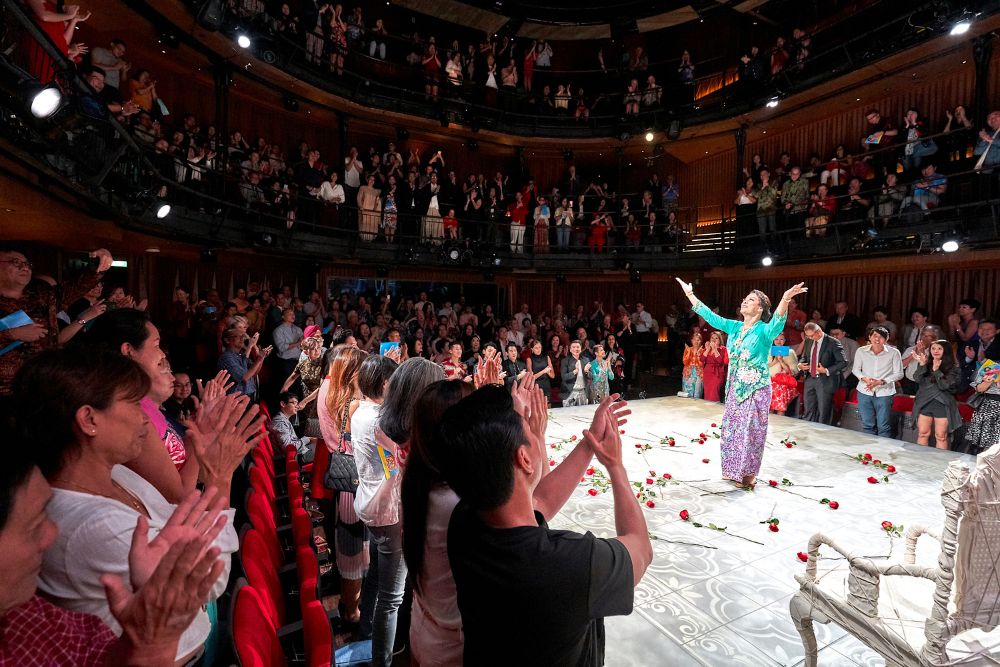
"I’ve played Emily so many times over the years. I first played her when I was 37 and again when I was 57. Well, it'll be interesting to see if I play her again when I’m 67!" he says.
Image courtesy of Ivan Heng
His plan came to fruition early the following year when he debuted Wild Rice with a performance of Emily of Emerald Hill in Hong Kong, where he starred as the titular Peranakan matriarch Emily Gan.
It was so successful that he quickly followed up with a homecoming act of the same production in Singapore a few months later, the profits for which fuelled the beginning of the Wild Rice theatre company.
Ivan Heng: "The golden age of theatre is now"
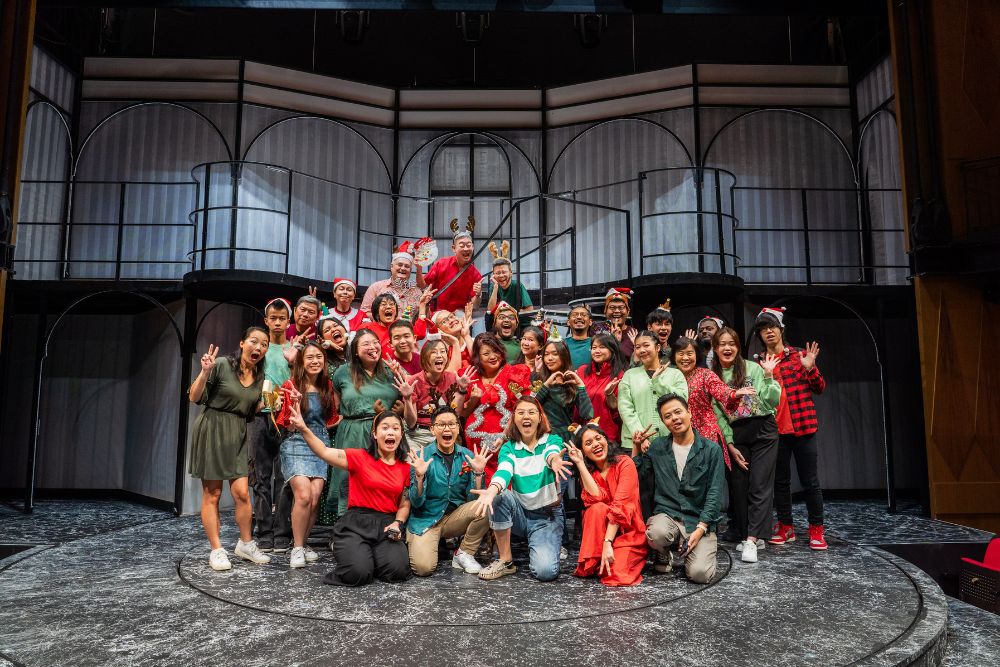
In the decades that followed, Wild Rice grew from a one-man band into a professional theatre company with over 30 employees. It has staged productions in more than 20 cities and developed “around 100 original Singaporean works”.
For his efforts, Ivan has been showered with numerous awards, including the Cultural Medallion, Singapore’s top cultural award, in 2013, and most recently, an honorary doctorate from the Royal Conservatoire of Scotland, where he once received a scholarship to study at when it was known as the Royal Scottish Academy of Music and Drama.
These efforts were hard-won, given the troubled waters the company has forded over the years.
In 2010, Wild Rice’s funding from the National Arts Council was progressively cut when its productions crossed over were deemed to have crossed into contentious areas (according to the national newspaper, its plays “promoted alternative lifestyles, were critical of government policies and satirised political leaders”).
In 2019, the Covid pandemic brought all productions to a halt for a protracted period.
But having weathered these storms, Ivan says that “the golden age of theatre is now”.
It's astonishing, the progress we’ve made as a nation since the early days. Singapore now has a very vibrant and exciting arts scene. It’s one of the most well-attended in the region and, to Wild Rice’s credit, I believe that we have carved a space for all sorts of conversations to take place,
he explains.
We have made a platform to talk about race, religion, gender and sexual orientation. There’s no topic we’ve shied away from,
adds the silver.
"And that’s very important – to celebrate diversity is to make visible the invisible, and to give voices to those who have none."
As an actor, I've always felt that we’re not just trying to put ourselves in someone else's shoes, but also their muddy boots, and also their broken slippers. When you tell stories about someone who's never been represented, you're telling them that they aren't alone,
says Ivan.
Carrying the torch
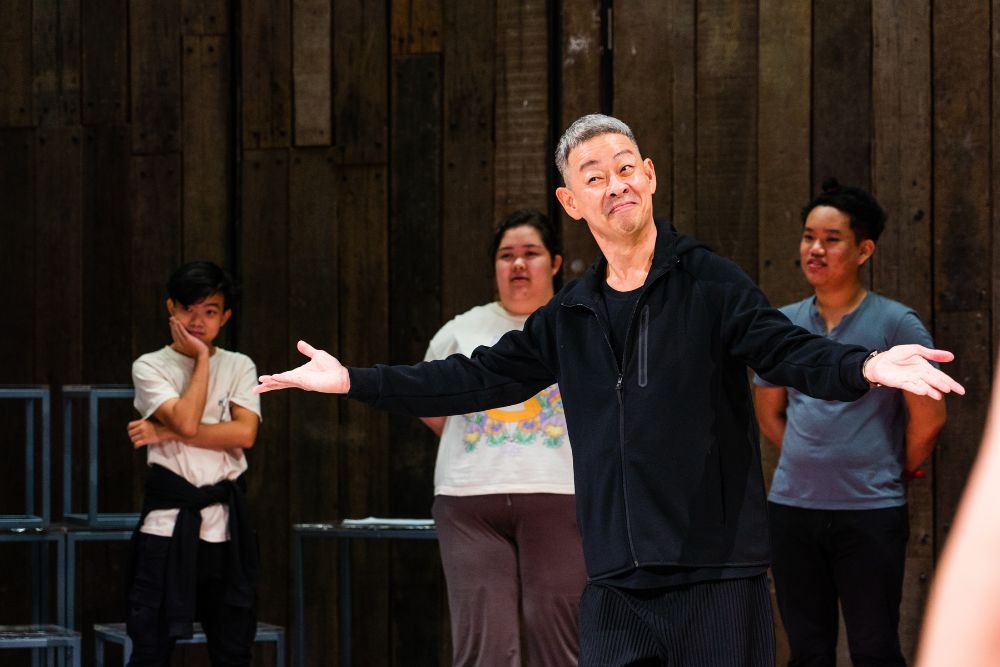
The National Theatre first opened on 8 August 1963 at Fort Canning Park. By sheer coincidence and after a spate of renovation delays, Wild Rice’s theatre opened in Funan on the exact same day 56 years later in 2019.
To Ivan, the uncanny situation felt a symbolic passing of the torch from the old guard to his thriving theatre company. He’s cognisant that at some point, he, too, will have to undergo that same succession – not that it’s happening anytime soon.
I’m working harder than I’ve ever had before, and I’m enjoying my work more than I’ve ever had before,
he says with a laugh.
"But yes, in terms of succession planning, you could say that the plan has been put in place a long time ago. We've always been dedicated to nurturing young talent and giving them a space to develop their passion."
Indeed, Wild Rice runs three subdivisions that offer drama and training programmes to children from the age of five all the way through to 30-year-old adults.
That same thread of succession can be seen indirectly in the theatre company’s upcoming musical tribute to the late local legend Zubir Said, titled Don’t Call Him Mr. Mari Kita.
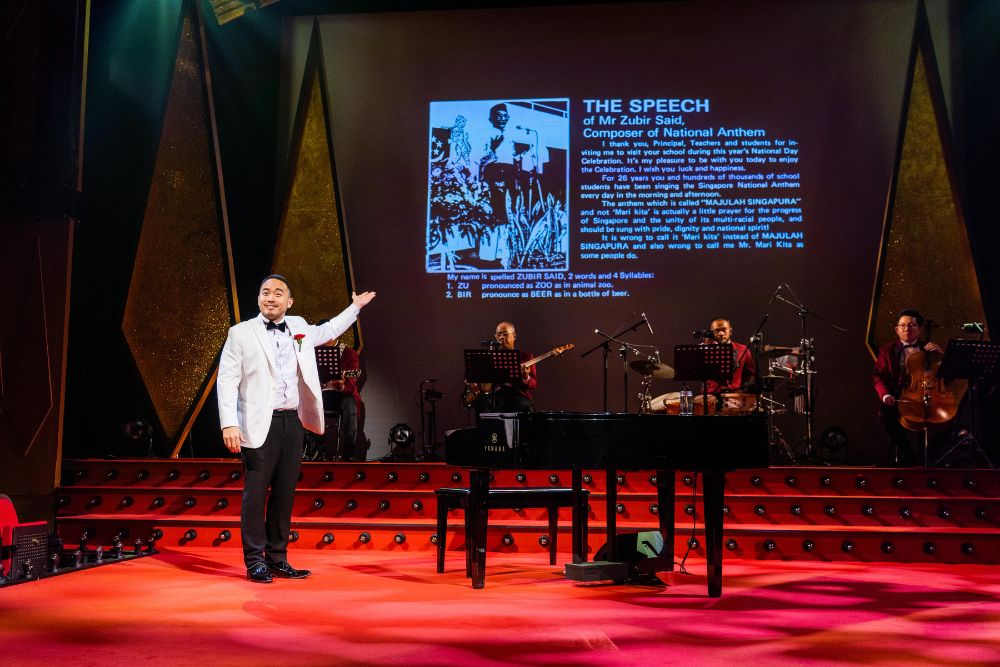
The show’s musical mastermind Julian Wong is inextricably linked to the composer of Singapore’s national anthem through his mentor, the late Singaporean musician and Cultural Medallion winner Iskandar Ismail. Zubir, who was taught by Iskander, had a wide repertoire of songs beyond Majulah Singapura.
Julian is the perfect person to carry the show as he has such an intimate connection to Pak Zubir, and that shows in the songs he chose to perform with an incredible band,
says Ivan.
"I just marvel at Julian and for that matter, the next generation."
While he now goes on at least one long holiday a year with his husband for two to three weeks at a stretch, it is theatre that still captivates him.
It's what keeps me going – the magic of being in the rehearsal room with amazing actors and a great script. The energy in the room is simply incredible – and to be granted the opportunity to share and give and shape this next wave of theatre is such a gift.
Ivan says,
Don't Call Him Mr Mari Kita will show from 6 to 31 August for its second and final run. Find out more here.



